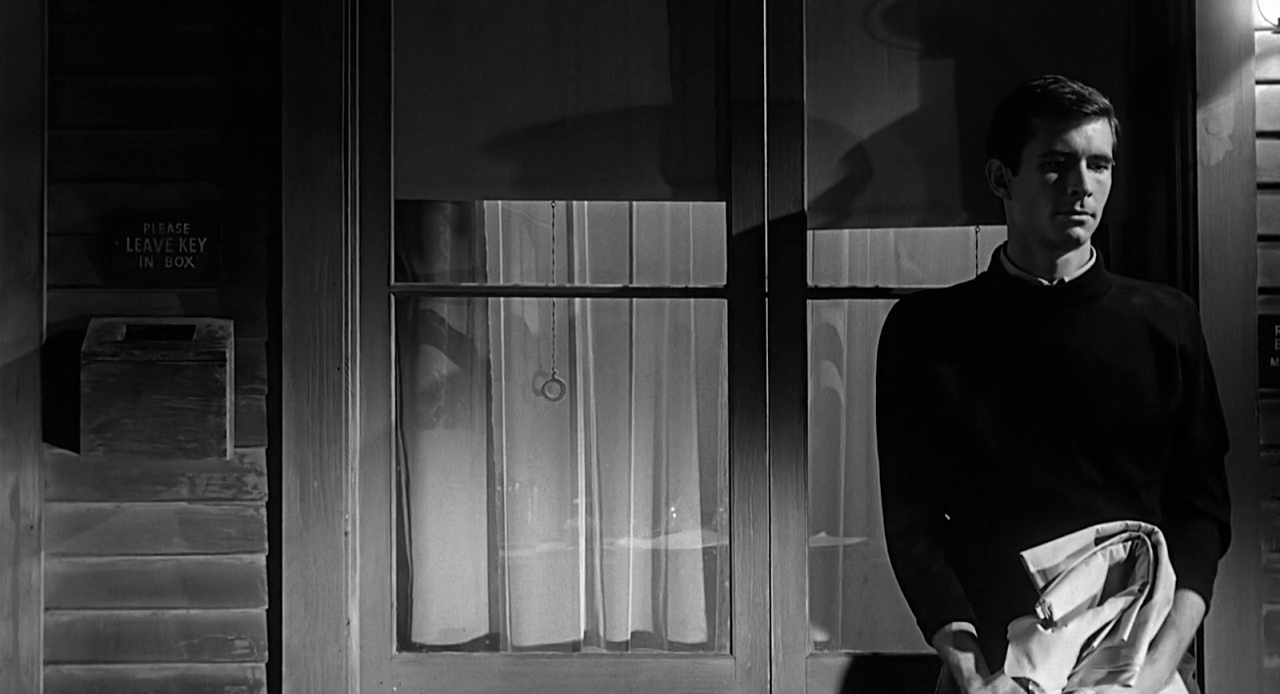Que la bête meure [The Beast Must Die] (Claude Chabrol, 1969)
Jan
3
.png)
A hand writes 3 janvier in red ink on quad paper. DP: Jean Rabier.
1960s
Accidente 703 [Los culpables] (José María Forqué, 1962)
Dec
21

A darkened room. People take care of a man slumped on a coach. A wall calendar tells us it's the 21st. DP: Juan Mariné.
“Écoute les orgues
Elles jouent pour toi
Il est terrible, cet air-là
J'espère que tu aimes
C'est assez beau, non ?
C'est le requiem pour un con”Le pacha [Pasha / Showdown] (Georges Lautner, 1968)
Dec
19
.png)
Jean Gabin and Dany Carrel in a still on the cover of Serge Gainsbourg's Requiem pour un con 7” (via). DP: Maurice Fellous.
– Serge Gainsbourg, Requiem pour un con (1968)
“Shadow boxes become poetic theaters or settings wherein are metamorphosed the element of a childhood pastime.”Children's Party (Joseph Cornell, c. 1938/1969)
Dec
18
Las Posadas
.png)
Exuberant dancers at the children's party.
A festive child for Las Posadas
– Joseph Cornell
Children of all ages are entertained by a menagerie of dancers, acrobats, talented fauna and bobbing apples in this exhilarating found-footage party. Part of The Children's Trilogy, together with Cotillion (c. 1938/1969) and The Midnight Party (c. 1938/1969).
“Kneel before her son. I've had a dream. She's the incarnation of the Goddess, Kali.”দেবী [Devi / The Goddess] (Satyajit Ray, 1960)
Dec
13
Saint Lucy's Day
.jpg)
Doyamoyee, Kali incarnate (via). DP: Subrata Mitra.
Saint Lucy's Day: wearing a garland. Today's and yesterday's theme are virtually interchangeable.
– Kalikinkar Roy
Doyamoyee's father-in-law, and worshipper of Kali, has a dream. The young woman is the goddess' avatar. Locals come to visit the house, and Doyamoyee too starts believing in her divinity.
Hanoi, martes 13 [Hanoi, Tuesday 13th] (Santiago Álvarez, 1968)
Dec
13
Tue

A collage image of President Lyndon B. Johnson. His face is a hole and footage of a military burial service can be seen. DP: Iván Nápoles.
Balada o trobenti in oblaku [Ballad About a Trumpet and a Cloud] (France Štiglic, 1961)
Dec
11
International Mountain Day
.jpg)
A young couple dances among the mountains (via). DP: Rudi Vaupotič.
Set in the mountains for International Mountain Day
1943. With the family preparing for Christmas, old man Temnikar hears the sound of a trumpet. The patriarch sees it as his calling to follow – and kill – the White Guardists who visited his mountain farm looking for wounded Partisans.
“The mattress is soft and there're hangers in the closet and stationary with “Bates' Motel” printed on it in case you want to make your friends back home envious.”Psycho (Alfred Hitchcock, 1960)
Dec
11

Norman Bates (Anthony Perkins) in front of the family motel. DP: John L. Russell.
– Norman Bates
Pasażerka [Passenger] (Andrzej Munk, Witold Lesiewicz + Andrzej Brzozowski, 1963)
Dec
9
cruise
.jpg)
Marta and Liza on the cruise ship (via). DP: Krzysztof Winiewicz.
On a cruise, from [OP] Cinn’s bucket list. Well, not in the context of today's film pick*
1960. On a luxury line, former prisoner Marta and her warden Liza meet again. Things had happened years before, in Auschwitz. This new confrontation reverses their roles.
* the Bales 2025 Film Challenge for December has a few dateless themes. This is one of them.
“They sent me out by plane to a boarding school. But I ran away. There's a war on. I can't cram some stupid stuff when it's a war.”Иваново детство [Ivanovo detstvo / Ivan's Childhood] (Andrei Tarkovsky, 1962)
Dec
7
National Pearl Harbor Remembrance Day
.jpg)
Ivan (Nikolay Burlyaev) scouting (via). DP: Vadim Yusov.
A special soldier for National Pearl Harbor Remembrance Day (USA)
– Ivan
A twelve-year old boy works as a scout for the Soviet army. His age and size make him an inoffensive figure in the war-scarred landscape. But inside, he's brooding for revenge.